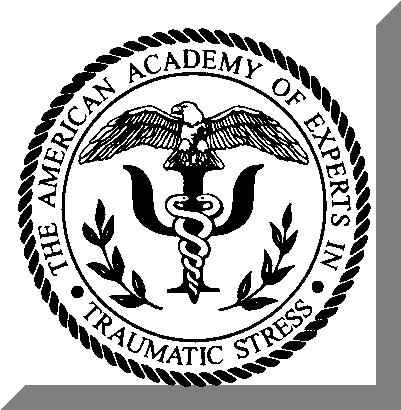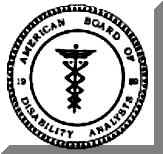|








| |





As
seen in the Pennsylvania
Trial Lawyers Association Membership Directory
(PATLA, p.247)
Link:
A Pennsylvania Attorney's Guide to Expert Witnesses & Consultants


For over 20 years I have assisted the
legal profession in Personal Injury (Plaintiff and Defense), Worker's Compensation, Professional
Malpractice, Wrongful Arrests and Firings, Products Liability,
Disability, Civil Rights, Health & Healthcare Law, Torts, Immigration and
Naturalization, and Competency matters. see Endorsements page).
Each referred case
represents a unique challenge and each must be handled individualistically and not as part
of a professionalized assembly line operation. In my Clinical and Forensic practices, I
maintain professional objectivity by maintaining a clinical practice, working with defense
and plaintiff cases, performing insurance, peer, and utilization reviews while also staying
in contact with academia, by publishing articles and reviewing tests.


 |
Too
often, cases are lost due to unexamined or unknown Plaintiff/Defendant
personality traits that detrimentally impact upon the attorney's
well-prepared efforts, wasting valuable time and resulting substantial loss
to client and attorney.
|
1. Irrespective of the case, after meeting with the
Plaintiff/Defendant,
s/he should be referred for a
psychological screening. This is a quick assessment of
the accuracy of the Plaintiff's/Defendant's report and
biases of which the attorney may be unaware (in one
instance a disability Plaintiff had an active charge of
child sexual abuse against him of which the attorney
was unaware).
2.During
screening, psychological factors are assessed as
well, leading to recommendations should further
psychological or other
collateral
services or information
be needed.
3. If a case
is to be referred for full assessment, all
materials are
reviewed prior to acceptance.
4. Meetings
may be requested with the
Plaintiff,
Defendant or Collaterals.
5. This preliminary gathering of information prepares
me
to discuss the
weaknesses and strengths of the litigant
with Counsel and make
recommendations as to what
services appear necessary.
 |
Examples: |
1. A Worker's Compensation attorney referred a
brain-injured Claimant, fearing that he was suicidal
and/or homicidal. In fact, he was both. After initial
processing, I hospitalized the Claimant
and had him
stabilized on
medication. After discharge, I tested him
and recommended supplemental medical testing. This
revealed more extensive, detailed
information on the
brain damage, resulting in an altered course of
treatment while providing additional documented,
independent support for the claim. The result was that
the claim was affirmed by testing and the
hospitalization and went unchallenged.
2. In another (malpractice) case, a
Claimant's personality
traits
militated against her testifying effectively. I met
with
Counsel and explained his problem in eliciting
appropriate testimony during direct examination and
explained what he could expect during
cross-examination. He asked how he could increase
his effectiveness during direct and I suggested a
methodology. I then
assessed the
Claimaint and spent
two hours training her in testifying, desensitizing
her anxiety. The next day she
provided the jury with an
appropriate
appearance and clear statements regarding
her
history and plight. The
jury decided in her favor.


Telephone
contact with attorney and review of appropriateness of the referral.
Brief
review of the Plaintiff/Defendant's file.
Recommendations
for psychological testing or other medical examinations that are missing or bear
repeating.
Collateral
interviews may be requested.
Upon
completion, a detailed test report is produced.
I
am available for should further information, deposition or courtroom testimony become
necessary.
I
am also available as a consultant should the attorney require
recommendations in managing the Plaintiff/Defendant.
I
either prepare myself, or oversee, the preparation or production of exhibits
for trials and hearings.

|
